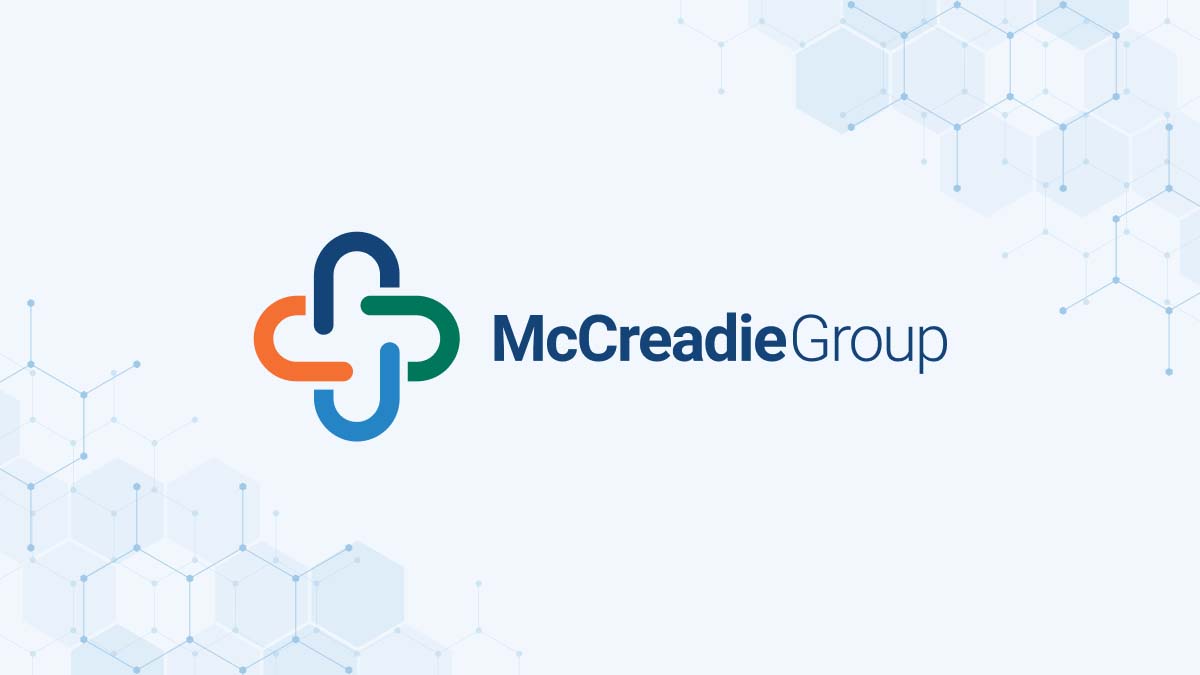Anticipated Challenges of Decentralized Clinical Trials: Part Two of the R’Kes Starling Interview
August 2021 | Jennifer Drabing, Senior Marketing Communications Manager
McCreadie Group is pleased to present the second part of the interview with R’Kes Starling, CEO and founder of Reveles Clinical Services. In the first blog, we began discussing the future of decentralized trials, and now we will continue the conversation by focusing on specific challenges R’Kes has identified as the industry continues to move toward this model.
Q: What logistical and training challenges exist related to the delivery of study products to the participant in a decentralized clinical trial?
A: The logistical and training challenges will depend on the actual trial, the phase of the trial, and the actual therapeutic area. All of those considerations add layers of complexities and challenges to managing the trial. For example, what is needed for a product that is an oral solid versus a product that is frozen or ultra-frozen that needs to be infused over a 5–6-hour period of time, those are different. Different types of skills and training are needed for an oncology product compared to a CNS or neurological disorder. And understanding the disease and the disease manifestation is also important. Every clinical trial is different, and variability is the enemy. We need to ask; how do we drive greater standardization? That is the key. Looking for areas and opportunities where you can drive greater standardization in your practices and your operations as a provider.
Q: What challenges are anticipated with reporting adverse events?
This is going to be key in fulfilling the obligations we have to properly report adverse advents and to get that information back to the principal investigators. Some of the challenges are going to be around system inoperability. If an adverse event occurs when a nurse, pharmacist, or mobile phlebotomist is in the patient’s home, they will presumably capture that on a form, and that form would need to be sent in or entered into a system. There are some systems that allow for this to be automatically reported to the PI, but those systems are not widely adopted. In terms of reporting adverse events, we will need to be mindful of the data, system operability, and who is responsible for capturing that data.
Q: What changes can be expected in regards to managing supplies, particularly in forecasting needs, for decentralized clinical trials?
There needs to be a lot of rigor around managing what happens in the patient’s home, particularly around anticipating shipping logistics. Typically when a patient comes in to a site, the site can manage and store the supplies, but when you ship the supplies to the home, you need to allow for 2 to 4 days for shipping. So, in decentralized trials, you have to anticipate well ahead of time when that patient may need those supplies. Also, you have to be mindful to not stockpile supplies. You want to provide enough to meet the needs of the protocol-specific activities, while being a good steward of resources. Solutions that will help you to predict and forecast will be valuable, and we need to think about how those solutions will integrate with the entire process.
Q: What are the unique characteristics and challenges of hybrid trials and how will they affect research pharmacies?
Hybrid trials consist of a combination of in-clinic visits and virtual visits in the participant’s home. The virtual portion of the trial may include routine dispensing of study medications, telemedicine visits, monitoring by wearable devices, and completion of e-diaries and is often run by a central site and pharmacy. However, participants are required to travel to onsite visits at a healthcare facility for imaging, special testing, or some infusions. Other hybrid trials might include a combination of participants that are comfortable with completing a portion of their visits in the home setting while others may prefer having all visits completed at a healthcare facility.
Hybrid trials are unique in that these sites play a critical role in the ecosystem of clinical development. There is a heavy dependency on the relationship being maintained at the site level, versus the other models, where you are disintermediating a site. In hybrid trials, you often have to communicate through the site, and that requires very robust communication and escalation plans.
There’s also the element of making sure you foster a good rapport with the site. The site needs to understand, trust, and have a high level of assurance that you are a provider that is going to take care of their patient as well as they would have. The sites need to be confident with your SOPs and quality management systems. The rigor that would’ve been at the site, they expect to be upheld at the vendor level. It’s important that you manage those expectations and understand that the site is a customer. This model creates a unique dynamic. Not only do you have a patient, but you have a customer, and a customer of the customer, which is the sponsor.
Once again, we want to thank R’Kes for the interview and for his participation in the 2020 Research Pharmacy Summit. To join this and other discussions about our industry’s most pressing topics, please join us at the 2021 Virtual Research Pharmacy Summit in October.
